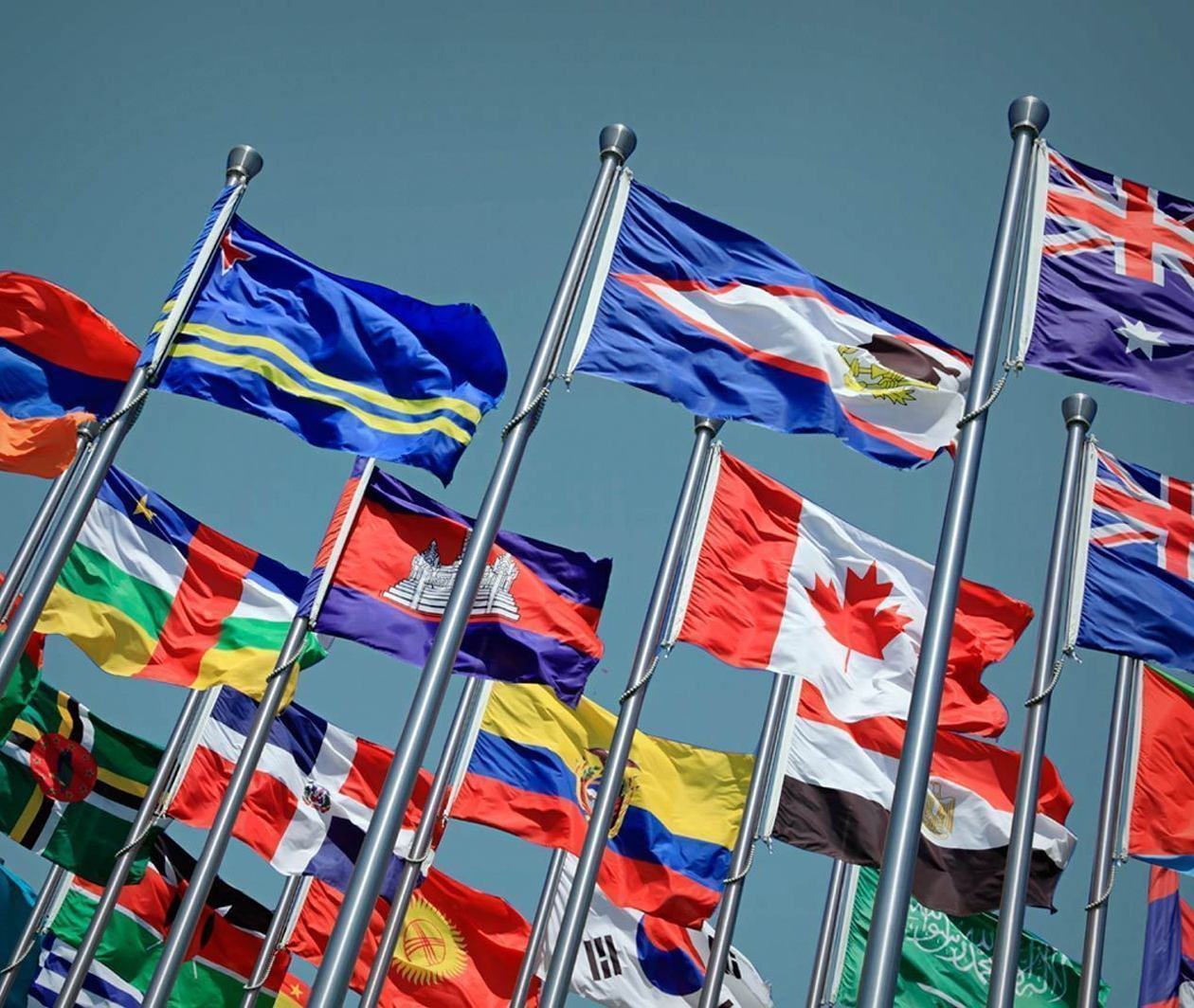
Duration
3 weeksWeekly study
5 hours
World War 1: Paris 1919 - A New World Order?
Other courses you might like
This course isn't running right now. We can email you when it starts again, or check out these other courses you might like.
Browse more in Politics & Society and History
The Paris Peace Conference of 1919 ended a Great War, but it also designed the post-war future. In 1919, world leaders assembled in Paris redrew the map of the world, partitioned and created countries, and ushered in a new era of international relations. The naivety of the peace-makers of 1919 has been justly criticised. However, in setting up a permanent ‘world organisation’, the League of Nations, they changed the management of world affairs forever.
Produced in collaboration with the BBC, this three-week course will let you retrace the steps of those who took those momentous decisions almost a century ago, and to get a sense for the consequences of their decisions. You’ll have a chance to assess how, over the past century, world organisations (first the League of Nations, then the United Nations) have become a forum for international cooperation. And you’ll be encouraged to debate many of the issues that have vexed international politics since then.
To find our more, read Christian J. Tams’s post for our blog: “From Islamic State to Ebola: how 1919’s Paris Peace Conference still shapes world affairs.”
This course is part of a series designed in partnership with the BBC to commemorate the war.
- World War 1: Aviation Comes of Age (University of Birmingham)
- World War 1: Changing Faces of Heroism (University of Leeds)
- World War 1: Trauma and Memory (The Open University)
You may also be interested in:
- World War 1: A History in 100 Stories (Monash University)
Learning on this course
On every step of the course you can meet other learners, share your ideas and join in with active discussions in the comments.
Who is the course for?
This will be of interest to anyone wishing to find out more about how today’s world was fashioned from the outcomes of World War One. No prior knowledge required.
Who will you learn with?
Christian J. Tams is Professor of International Law at the University of Glasgow. He specialises in dispute resolution and the law of international organisations.
Who developed the course?
Established
1451Location
Glasgow, Scotland, UKWorld ranking
Top 70Source: QS World University Rankings 2020
Learning on FutureLearn
Your learning, your rules
- Courses are split into weeks, activities, and steps to help you keep track of your learning
- Learn through a mix of bite-sized videos, long- and short-form articles, audio, and practical activities
- Stay motivated by using the Progress page to keep track of your step completion and assessment scores
Join a global classroom
- Experience the power of social learning, and get inspired by an international network of learners
- Share ideas with your peers and course educators on every step of the course
- Join the conversation by reading, @ing, liking, bookmarking, and replying to comments from others
Map your progress
- As you work through the course, use notifications and the Progress page to guide your learning
- Whenever you’re ready, mark each step as complete, you’re in control
Want to know more about learning on FutureLearn? Using FutureLearn
Do you know someone who'd love this course? Tell them about it...
You can use the hashtag #FLtreaty to talk about this course on social media.
